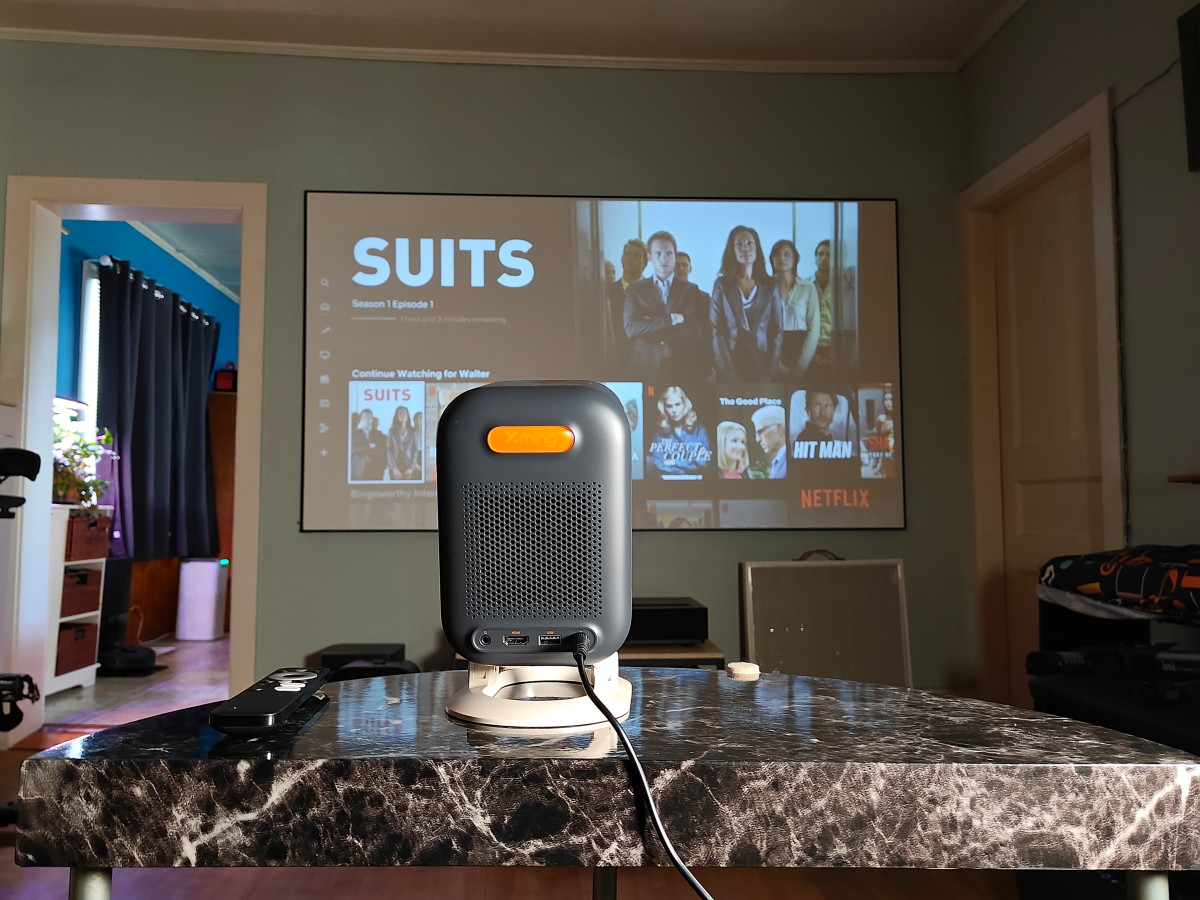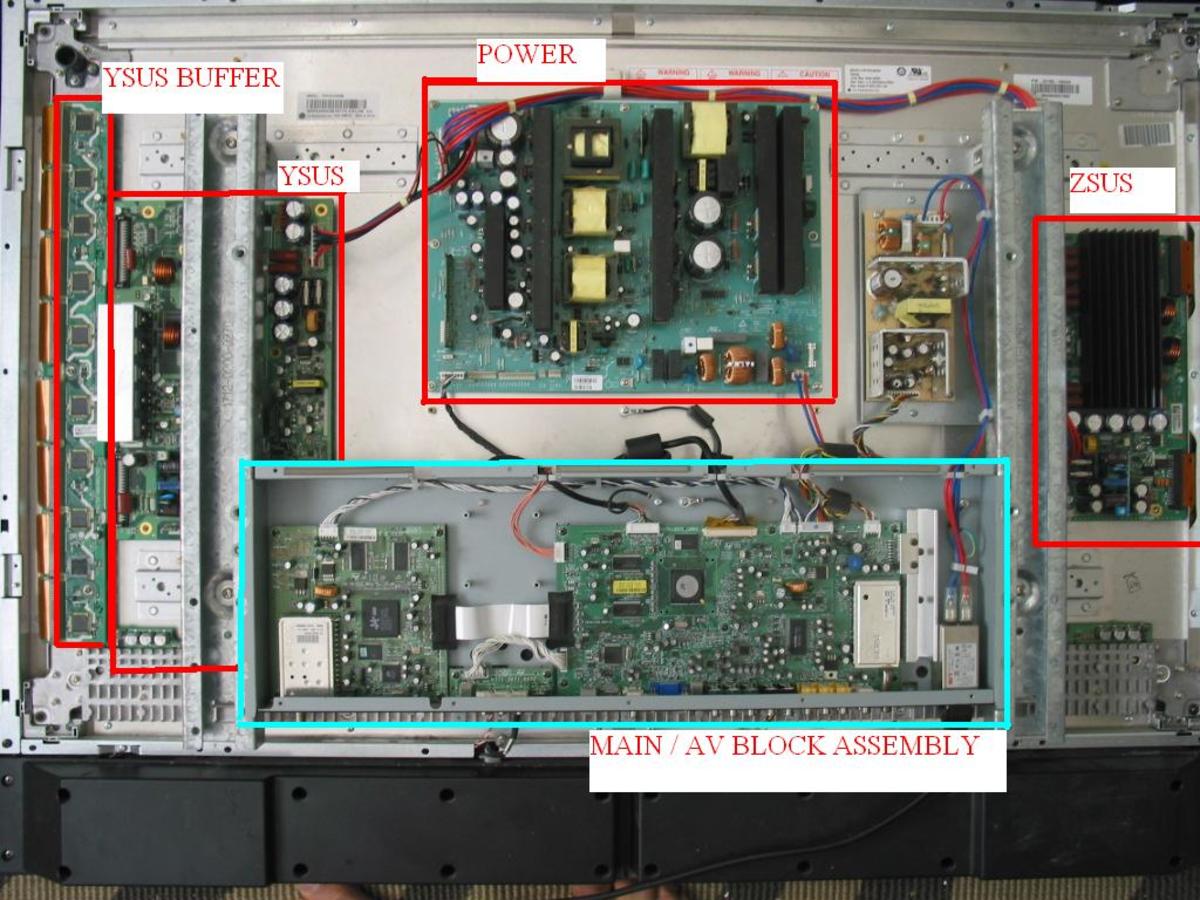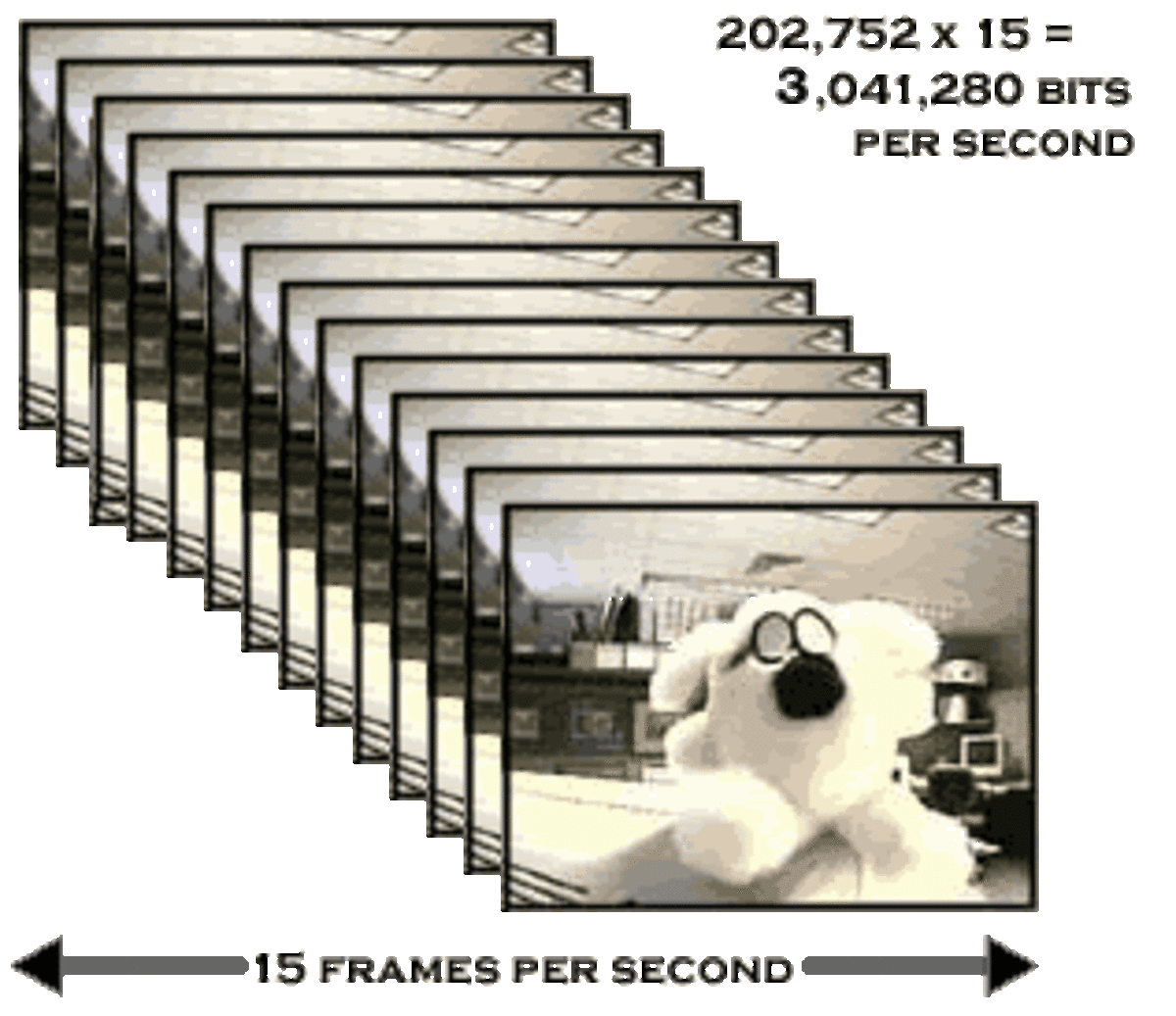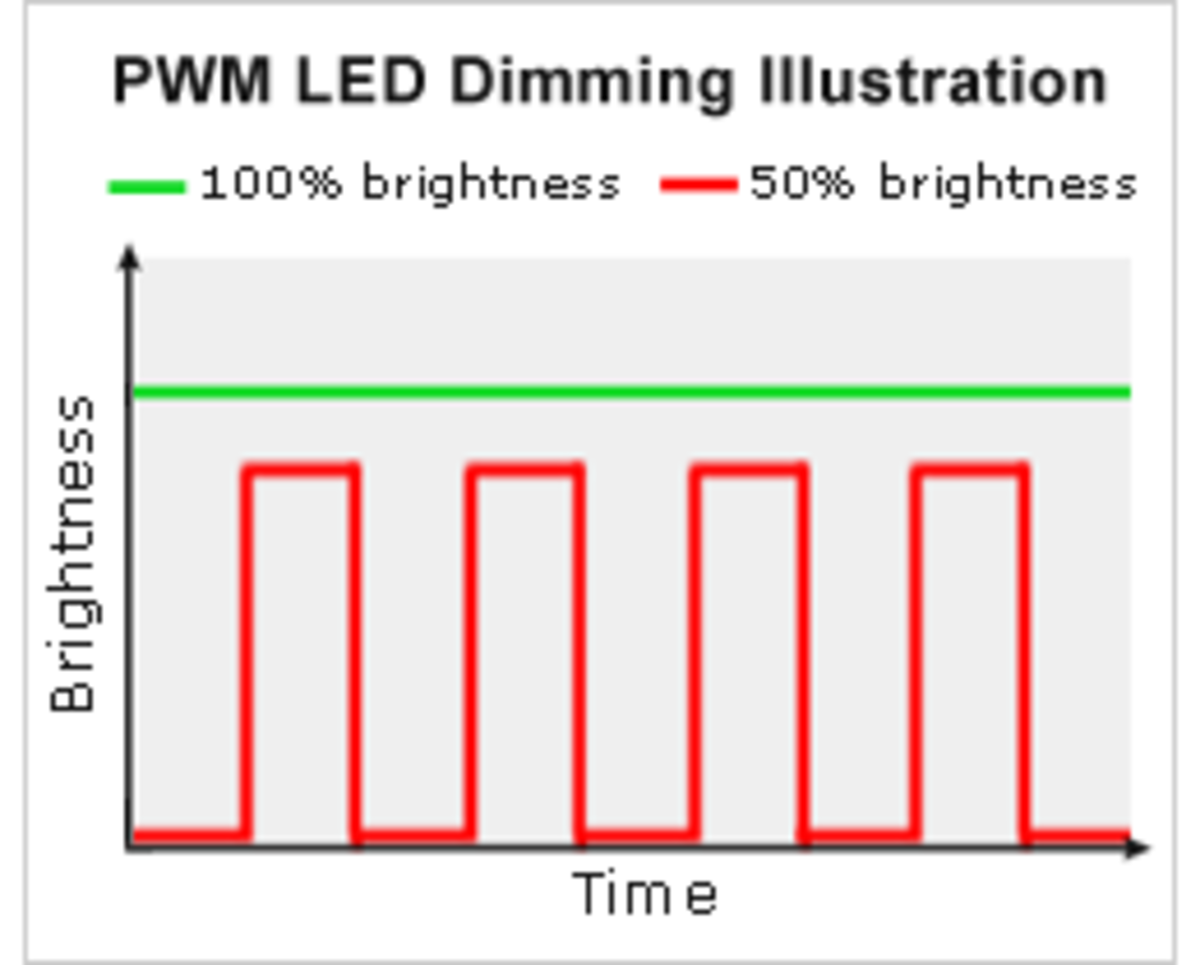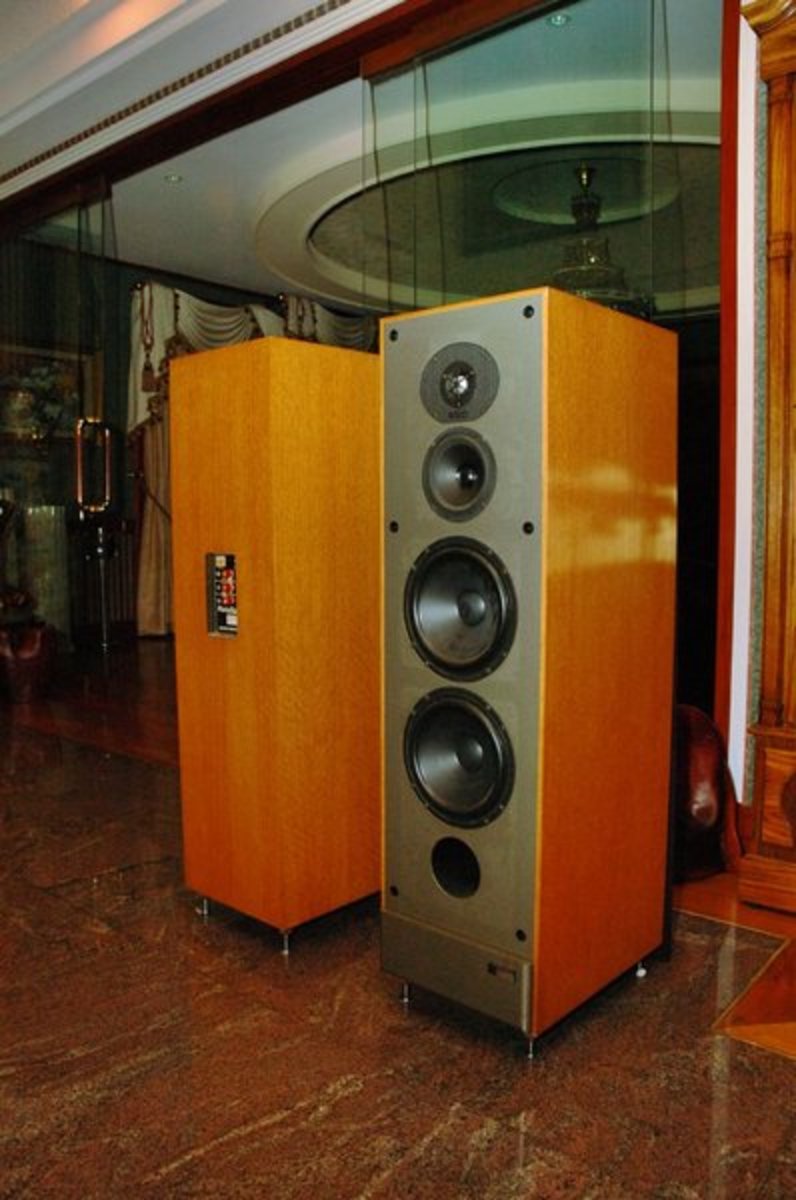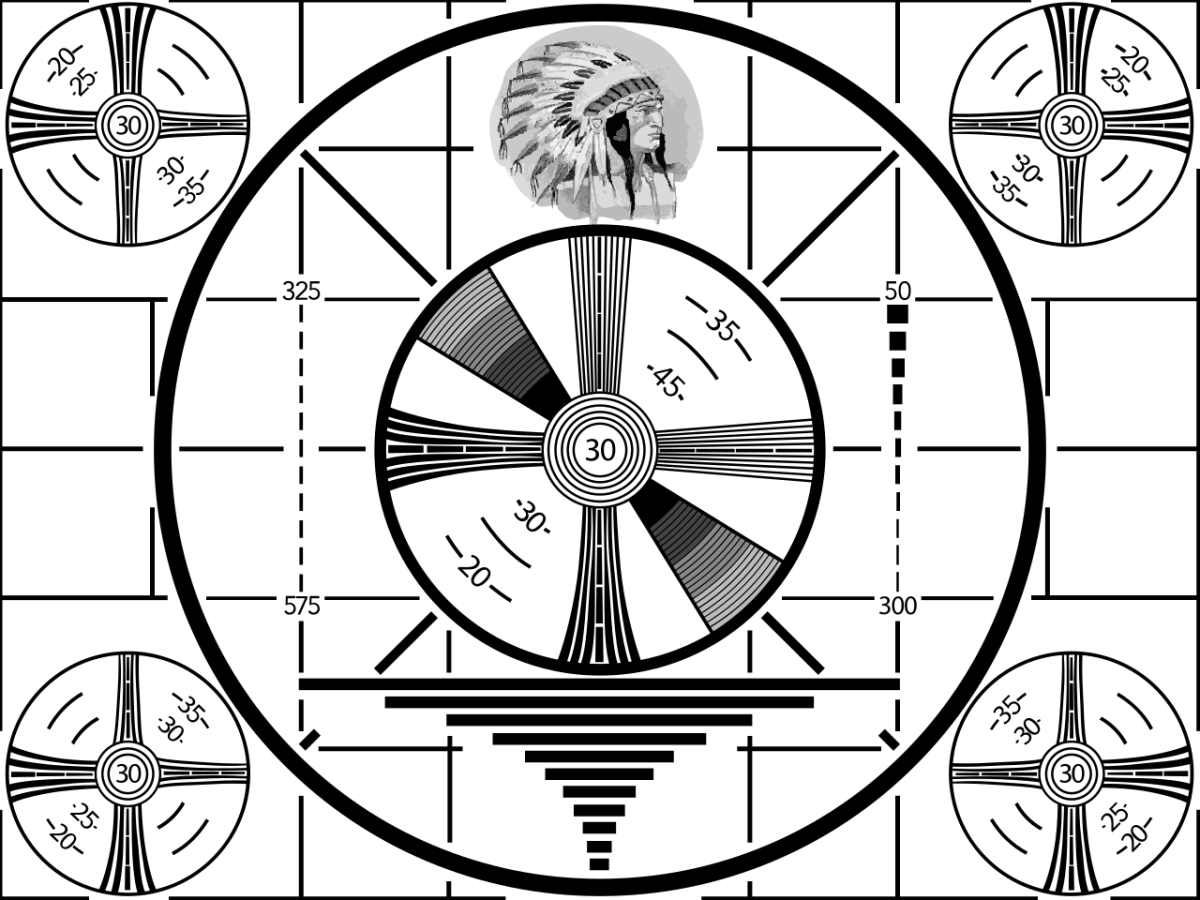LCD vs Plasma TVs
LCD and plasma are now the two most popular types of high definition TVs. This hub will show you how LCD TVs stack up against Plasma TVs. And I'm telling you, it's a close fight!
Both technologies aim to give you the best viewing experience possible using very different means. We'll discuss picture quality, performance, longevity and of course price. First, lets talk how each technology works.
Plasma TVs are composed of hundreds of thousands or very tiny cells per television. You can think of each individual pixel cell as a small light bulb that can change color. If you look closely on the surface of the screen of a plasma TV, you will be able to see the divisions of the pixels. Electrical pulses fire the rare gas (xenon and neon) in the pixel cells to create the exact combination of red, green and blue to achieve amazingly precise colors.
LCDs somehow work in a similar fashion. LCDs also have cells but they are filled with liquid crystal instead of rare gases. These cells are placed between two sheets of glass. The liquid crystals untwist to achieve angles that produce color. We know that white light is simply the combination of all the colors of light. The liquid crystals filter out the other light colors from the white light leaving the desired color to pass through.
Enough of the boring stuff. Time for the more intesting things.
Learn About How LCD TVs and Plasma TVs Work Here
- Viddler.com - Episode 83: How LCD and Plasma TV Work - Uploaded by LabRatsTV
Episode 83: How LCD and Plasma TV Work This is a Lab Rats episode. It's kinda long but packed with information and entertaining too.
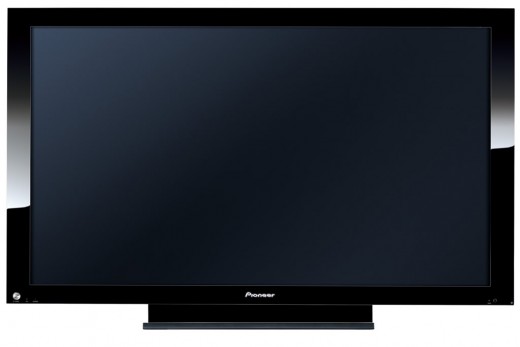
Widipedia Says
Contrast is the difference in visual properties that makes an object (or its representation in an image) distinguishable from other objects and the background. In visual perception of the real world, contrast is determined by the difference in the color and brightness of the object and other objects within the same field of view. Because the human visual system is more sensitive to contrast than absolute luminance, we can perceive the world similarly regardless of the huge changes in illumination over the day or from place to place.
Contrast
Contrast means the blackest black compared to the whitest white. How important is contrast in your viewing pleasure? Contrast makes the pictures easy on the eyes. However, too much of anything can be bad as pointed out by the comment on the right.
LCD tbs greatly improved their contrast ratios and have achieved 1000:1. However, there is still a problem with angled viewing. While, LCD tbs seem to be catching up with plasma, plasma is still superior when it comes to contrast.
Note that plasma tbs produce black by turning off the light on the pixels. LCDs on the other hand need more power to achieve black by blocking out the all the white light.
“Generally, higher contrast ratio means the blacks are deeper and whites are whiter. Having high contrast ratio means the colors are more vivid. However, the higher the contrast ratio, the more "fake" and "cartoony" the picture is going to be. Although it's less strain for the eyes, you will miss out on some realistic detail. Such as dirt on a football player's white uniform and it can be hard to identify the harshness shadows in outdoor scenes.” -- Source: http://answers.yahoo.com/question/index?qid=20080607091723AAvgVha
True To Life Colors
Remember that each of the hundreds of thousands of pixel cells in a plasma TV contains all red, green and blue elements. Each pixel cell can produce up to 16.77 million colors! If you want true to life colors on your television, then plasma is the right TV for you.
LCD tbs produce colors in a complicated and difficult manner. However, we've seen pretty great pictures from LCD televisions. But if you count pixel for pixel, plasma still reigns king. LCD has a little advantage over plasma if you're viewing in a brightly lit room or outdoors.
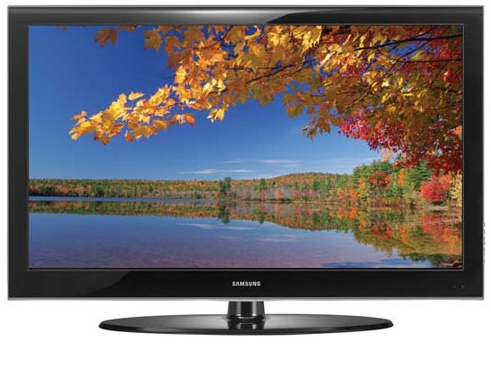
High-Speed Action
Plasma TVs still win this round. This is because of plasma TVs' high contrast ratio. LCD TVs can have this “lag” when you watch fast motion like in sports, action films, or video games. Not everybody notices this lag though. You probably won't notice this lag unless you look real closely. Plasma also wins this round.
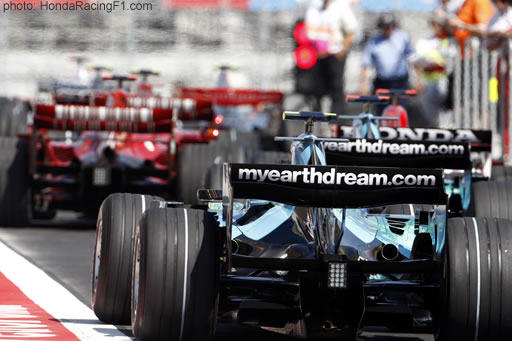
High-Speed Action
Plasma TVs still win this round. This is because of plasma TVs' high contrast ratio. LCD TVs can have this “lag” when you watch fast motion like in sports, action films, or video games. Not everybody notices this lag though. You probably won't notice this lag unless you look real closely. Plasma also wins this round.
Viewing in High Altitudes
This is one of the challenges for plasma TV manufacturers. The compressed rare gas found in plasma televisions are affected by high altitudes. Starting at 6500 feet, a plasma TV will start making buzzing sounds. And this can be annoying.
LCD TVs, on the other hand, are not affected by altitude. Notice that LCD panels are used in airplanes. This round definitely goes to LCD TVs.
Wear And Tear
Flat screen TVs, specially the real big ones, can be quite expensive. You want to enjoy this toy for as long as possible. Here's a very interesting fact about LCDs. The liquid crystals in LCD panels can last for a very long time. The back light of an LCD panel is what's subject to wear and tear. So as long as the back light is working, your LCD TV will work. Sometimes, the back light can even be replaced. However, you probably will have a hard time figuring out if the back light of your LCD TV is replaceable or not. Still, an LCD TV back light will last for more than a couple of years.
On plasma TVs, the gases inside the panel will get used up over time. These gases cannot be replaced. The display will just become dimmer over time. However, the life of plasma TVs are now almost equal to LCD TVs.
This round goes to LCD with plasma trailing very closely.
Burn Baby Burn
Burn ins used to be a big issue for plasma TVs. If you leave a DVD on pause for several minutes, then you risk burning a permanent image on a plasma TV back in the days ( i.e. last year). Now you'll only get permanent burn ins if you display a static image for more than 10 hours. I wouldn't recommend testing that on your unit though. Ghosting can happen in plasma TVs if you display a static image for about an hour.
Burn ins are not an issue for LCD TVs. This round goes to LCD TVs hands down.
Mine Is Bigger Than Yours
It is easier to manufacture really big plasma TVs than to produce really big LCD TVs. The largest commercially available plasma TV is Panasonic's 150-inch shown below while the largest LCD from Sharp is “only” 108 inches.


Which One Gobbles Up More Power?
Plasma TVs are composed of hundreds of thousands of tiny little pixel cells. Think of each cell as a separate light bulb. An LCD TV only has one back light So if you watch a lot of movies, prepare for the electricity bill. An LCD of the same size would consume half as much electricity as a plasma TV.
Resolution and Price
A plasma TV will have less resolution than an LCD TV of the same size. A 40-inch LCD TV will have at least 1366 x 768 resolution while a 42 HD TV plasma will have a 1024 by 768 resolution. That's not “truly” high definition but it's close.
An LCD TV will cost about 30% more than a plasma TV of the same size. But remember that the LCD will have the higher resolution. That makes this round a tie.
And The Winner Is . . .
It's a close fight and it's really hard to decide which one is better. You'll spend more initially if you buy an LCD instead of same-size plasma TV. But you'll save on energy costs in the long run. You'll help the environment by buying an LCD TV.
However, viewing pleasure is the primary reason I'd buy a really big TV. And the picture quality of plasma TVs are still superior than LCDs. So I'd go with a plasma TV.
DISCLAIMER: I created this hub to give you the facts and not to tell you which one to buy.
If you found this hub useful or at least entertaining, don't forget to give it some thumbs up lovin'.

